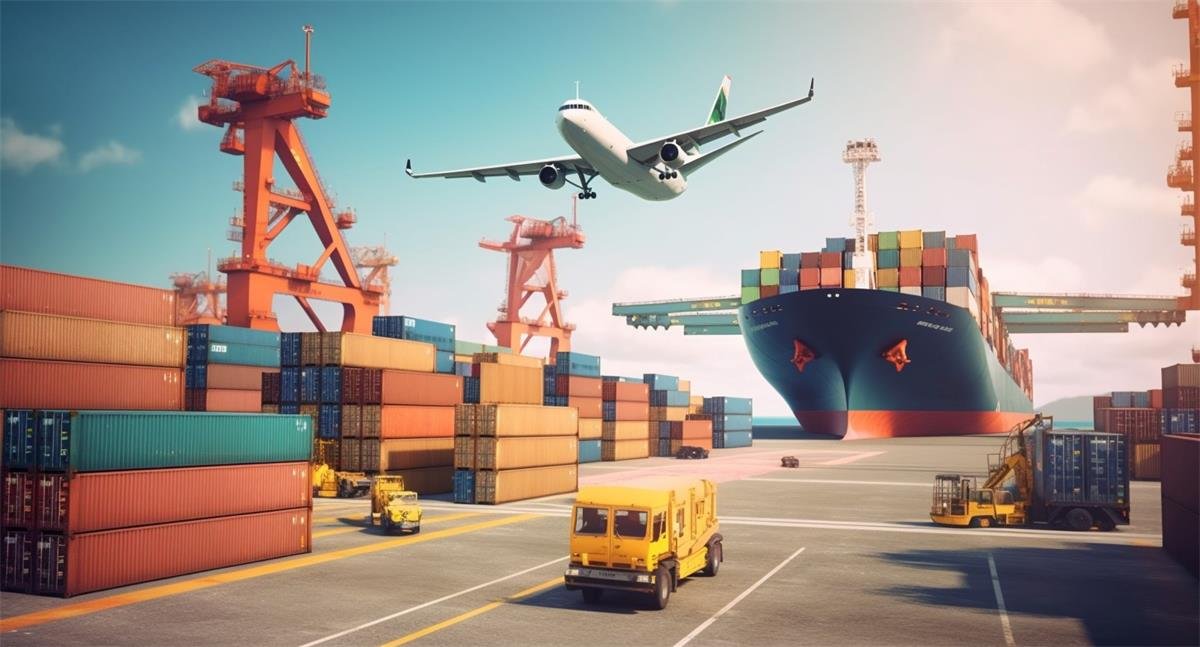Regarding international trade, businesses rely heavily on freight forwarders to handle the complexities of shipping goods across borders. A freight forwarder is pivotal in ensuring your products reach their destination efficiently and cost-effectively. However, not all freight forwarders are created equal, and selecting the right one is crucial for the success of your business. This blog explores the essential factors to consider when choosing a freight forwarder to meet your shipping needs.
-
Experience and Expertise
The first and most crucial thing to examine when selecting freight forwarders in the UAE is their expertise and experience in the shipping industry. An established freight forwarder with years of experience will comprehensively understand international shipping regulations, customs procedures, and logistical challenges. Look for a company with a proven track record of handling shipments similar to yours and a reputation for reliability and professionalism.
-
Range of Services
Before making a decision, it’s essential to assess the range of services the freight forwarder offers. Shipping involves multiple stages, from documentation and customs clearance to warehousing and distribution. A competent freight forwarder should be able to handle every aspect of the shipping process seamlessly. Check if they offer services like cargo, tracking capabilities, and shipment consolidation, as these can add significant value to your shipping operations.
-
Global Networks and Partnerships
International shipping requires a strong network of partners, freight forwarding companies and agents in different countries. A freight forwarder with an extensive global network can provide the flexibility and reliability needed for your shipments. Establishing partnerships in destination countries ensures that your goods are handled efficiently and that any unforeseen challenges can be dealt with promptly.
-
Compliance and Certification
Shipping regulations and compliance requirements can vary significantly from one country to another. A reputable freight forwarder should be well-versed in international trade laws and possess the necessary certifications. For example, for air freight, the certification required is IATA ( International Air Transport Association), and for ocean freight, FMC (Federal Maritime Commission) certificate is necessary. Compliance with these industry standards assures you that the freight forwarder adheres to the highest professionalism and ethics.
-
Technology and Tracking Capabilities
In today’s fast-paced digital world, real-time tracking and visibility are essential for effective supply chain management. Choose a freight forwarder that employs advanced technology and offers robust tracking capabilities. A reliable tracking system will allow you to monitor your shipments at every stage and give you peace of mind that your goods are on the right track.
-
Flexibility and Scalability
As your business grows and evolves, your shipping requirements may also change. Choosing a freight forwarder that can adapt to your changing needs and offer flexible solutions is essential. A freight forwarder with a diverse range of shipping options, such as air, ocean, road, and rail, provides you with more choices and the ability to select the most suitable mode of transport for each shipment. Additionally, a scalable freight forwarder can accommodate fluctuations in your shipping volume without compromising service quality.
-
Risk Management and Contingency Plans
International shipping involves inherent risks, such as delays, cargo damage, or unexpected supply chain disruptions. A reliable freight forwarder should have robust risk management strategies to mitigate these potential challenges. Inquire about their contingency plans and how they handle unforeseen circumstances like natural disasters, port strikes, or political unrest in certain regions. A proactive approach to risk management demonstrates the freight forwarder’s commitment to ensuring your goods’ safe and timely delivery.
-
Customer Support
Excellent customer support can make all the difference in international shipping. A responsive and attentive freight forwarder will promptly address your queries and concerns, keeping you informed throughout the shipping process. Prioritise companies that have dedicated customer support teams and offer 24/7 availability, especially if you have time-sensitive shipments.
-
Pricing and Transparency
Shipping costs are a significant aspect of your overall business expenses. While it’s important to find a freight forwarder that offers competitive pricing, be cautious of companies that provide rates that seem too good to be true. Hidden charges and unexpected fees can quickly escalate your shipping costs. Look for a freight forwarder offering transparent pricing and a clear breakdown of all charges involved.
-
Reviews and Testimonials
One of the best ways to gauge the reliability and performance of a freight forwarder is by checking customer reviews and testimonials. Look for feedback from businesses that have similar shipping requirements as yours. Pay attention to their experiences with the company’s services, communication, and problem-solving abilities. Positive reviews and satisfied customers are indicators of a freight forwarder’s competence and professionalism.
Choosing the right freight forwarder is a critical decision that can significantly impact your business’s international shipping operations. By considering factors like experience, range of services, global network, compliance, technology, customer support, pricing, and reviews, you can make an informed choice that aligns with your business goals. A reliable freight forwarder will not only streamline your shipping processes but also contribute to the growth and success of your business on the global stage.

